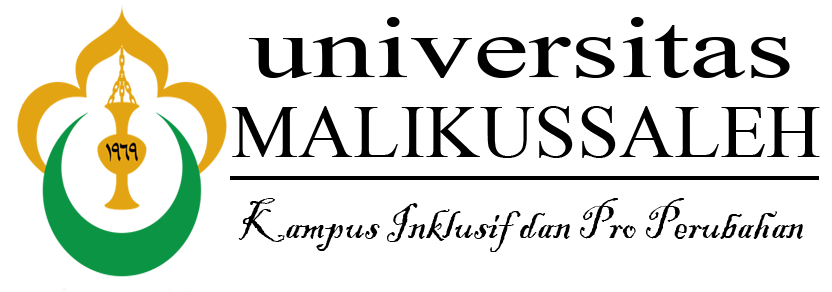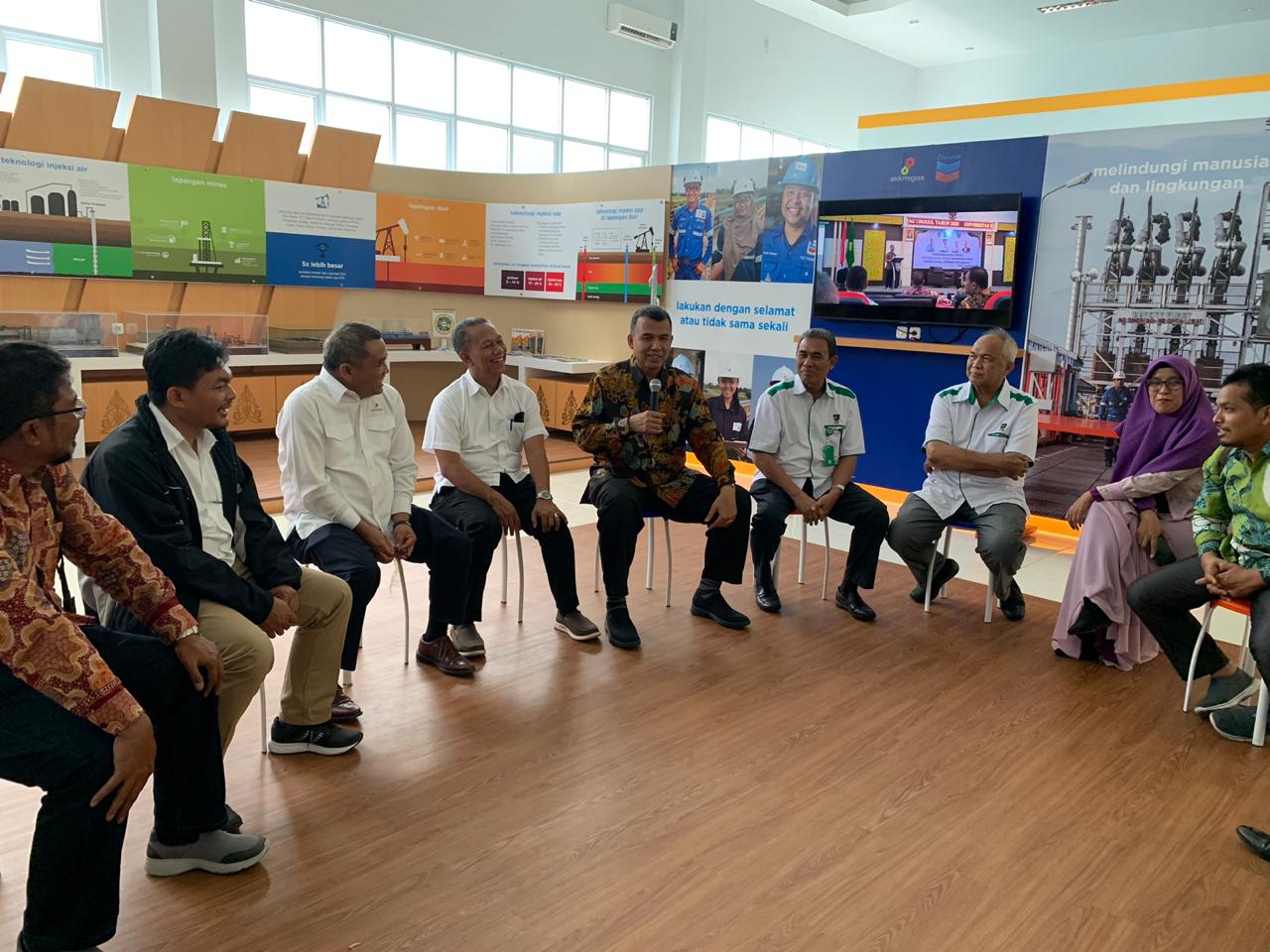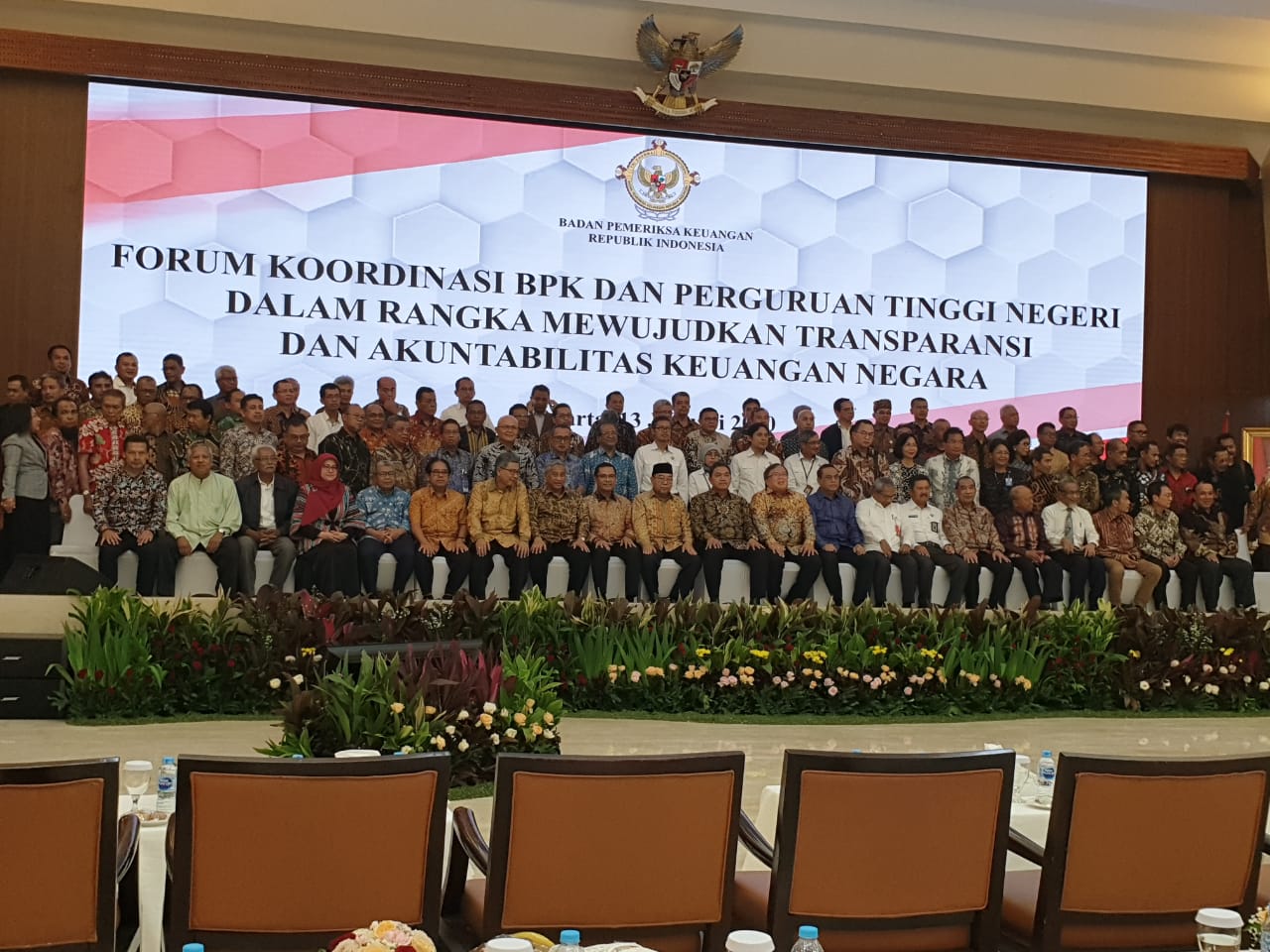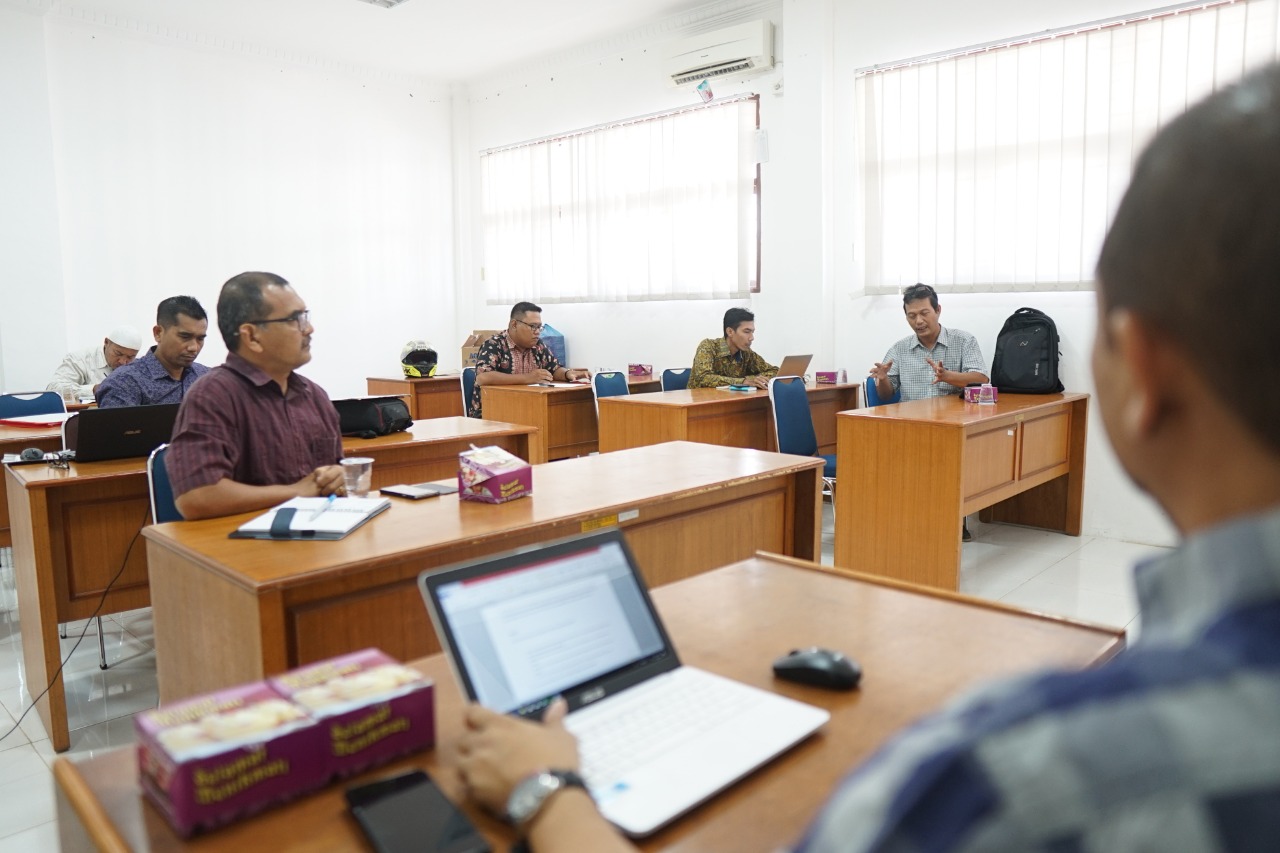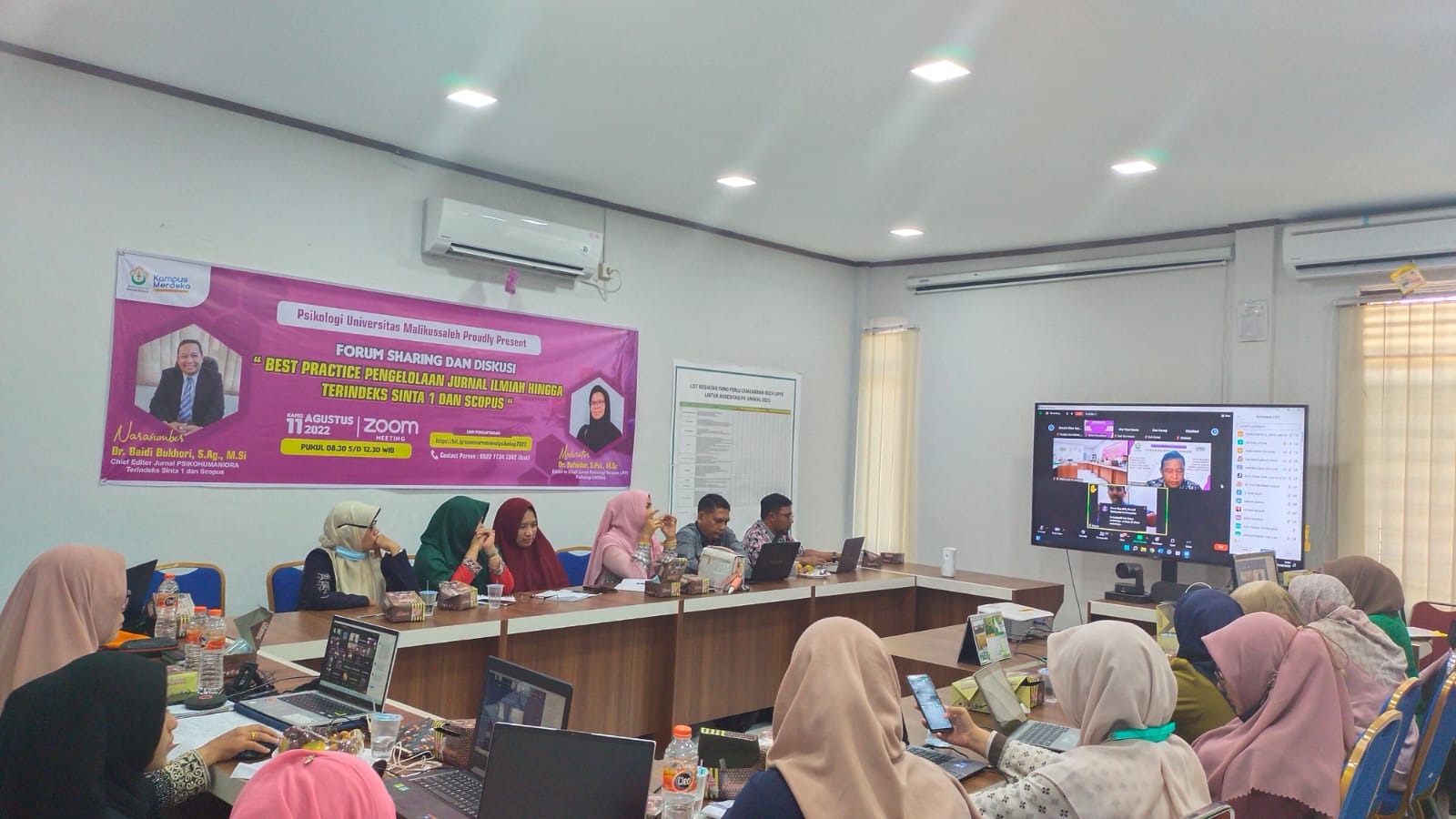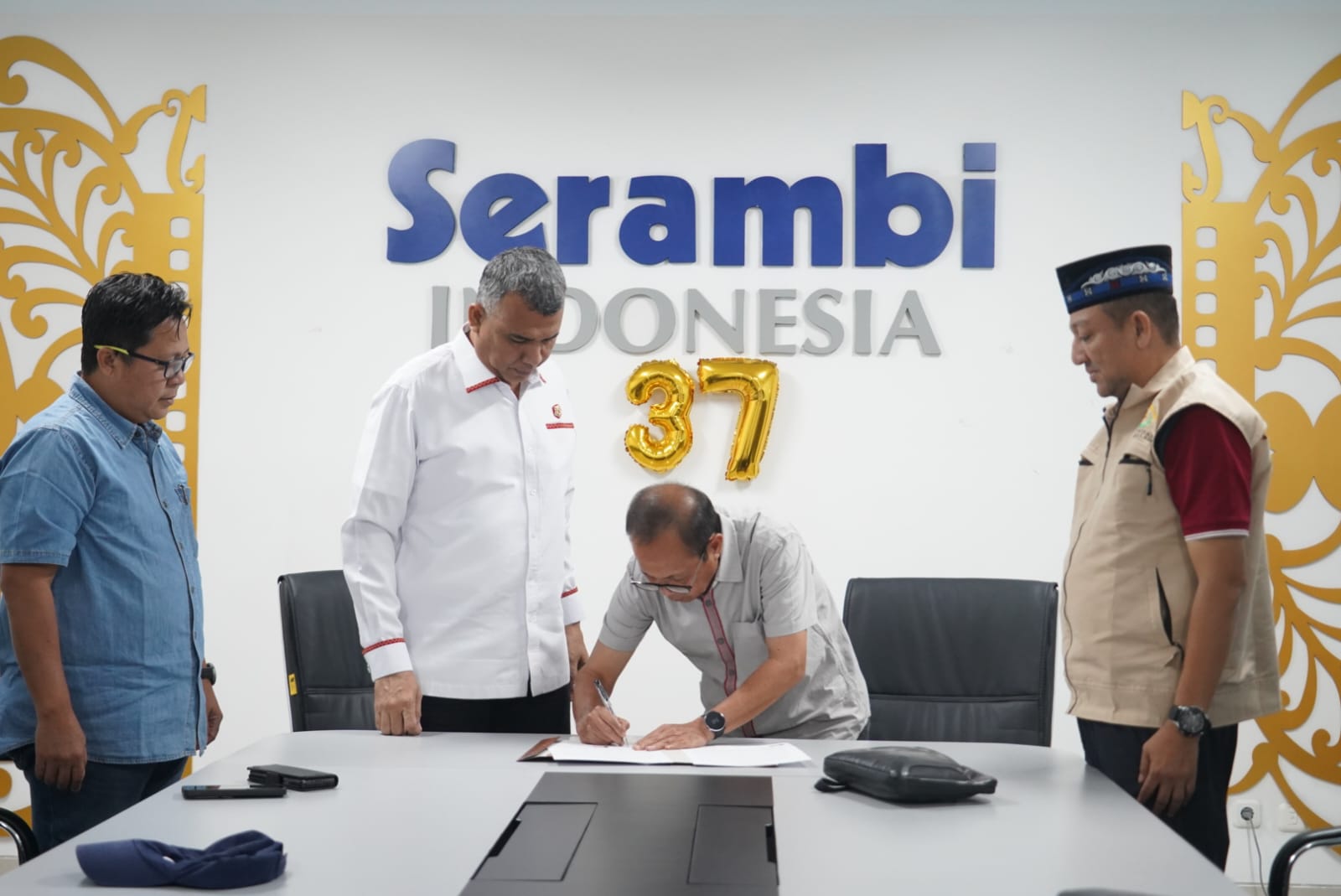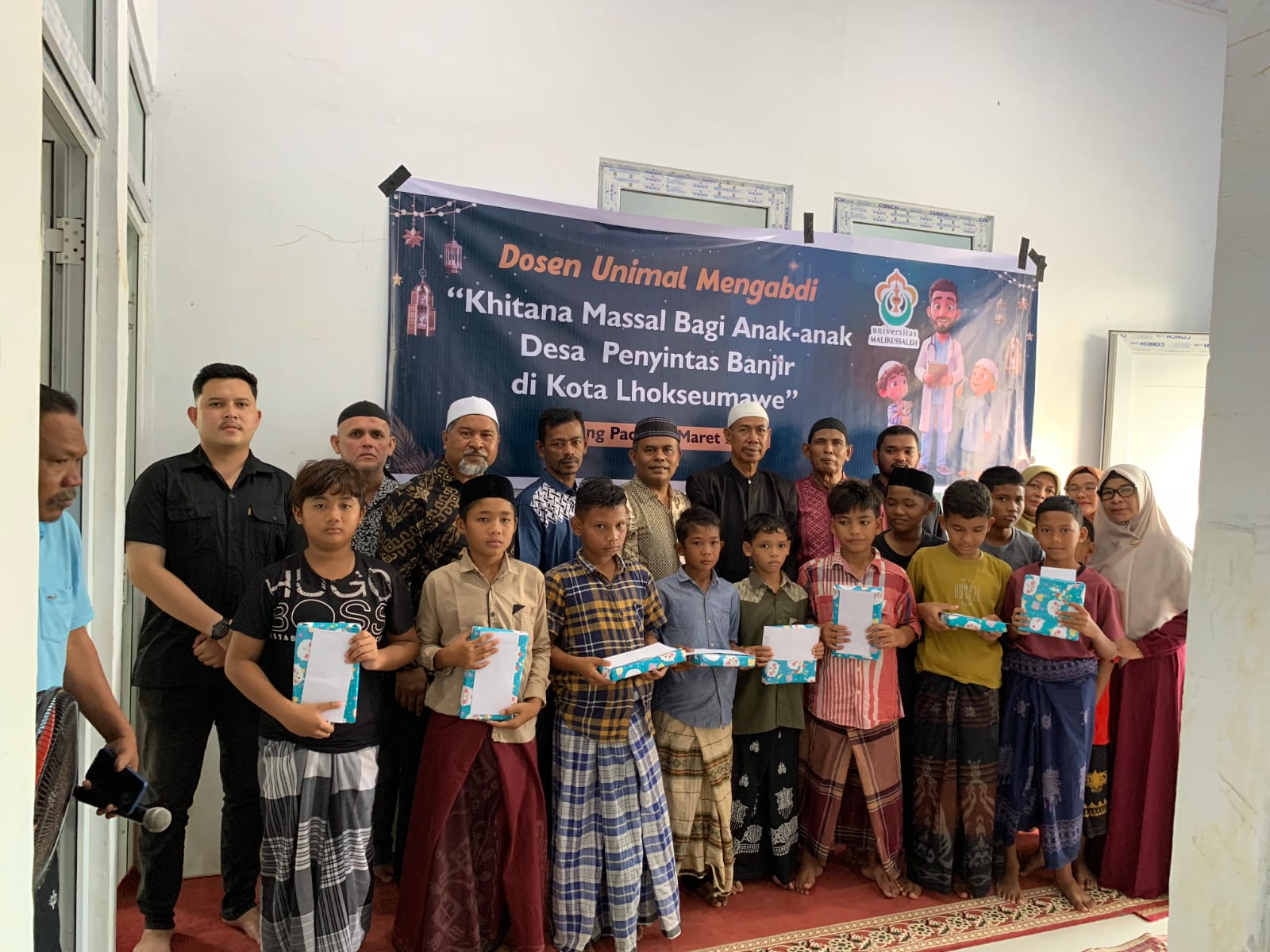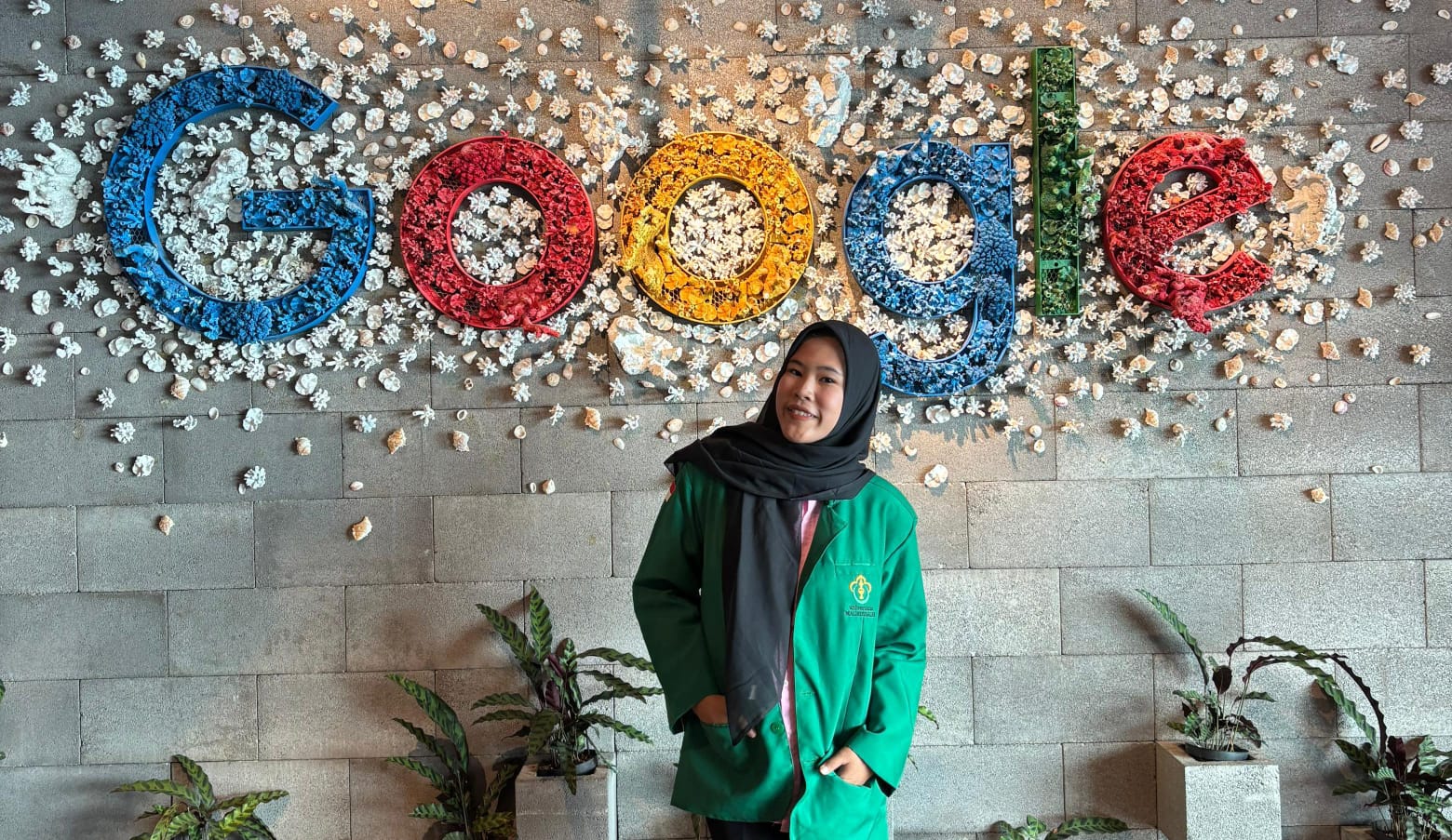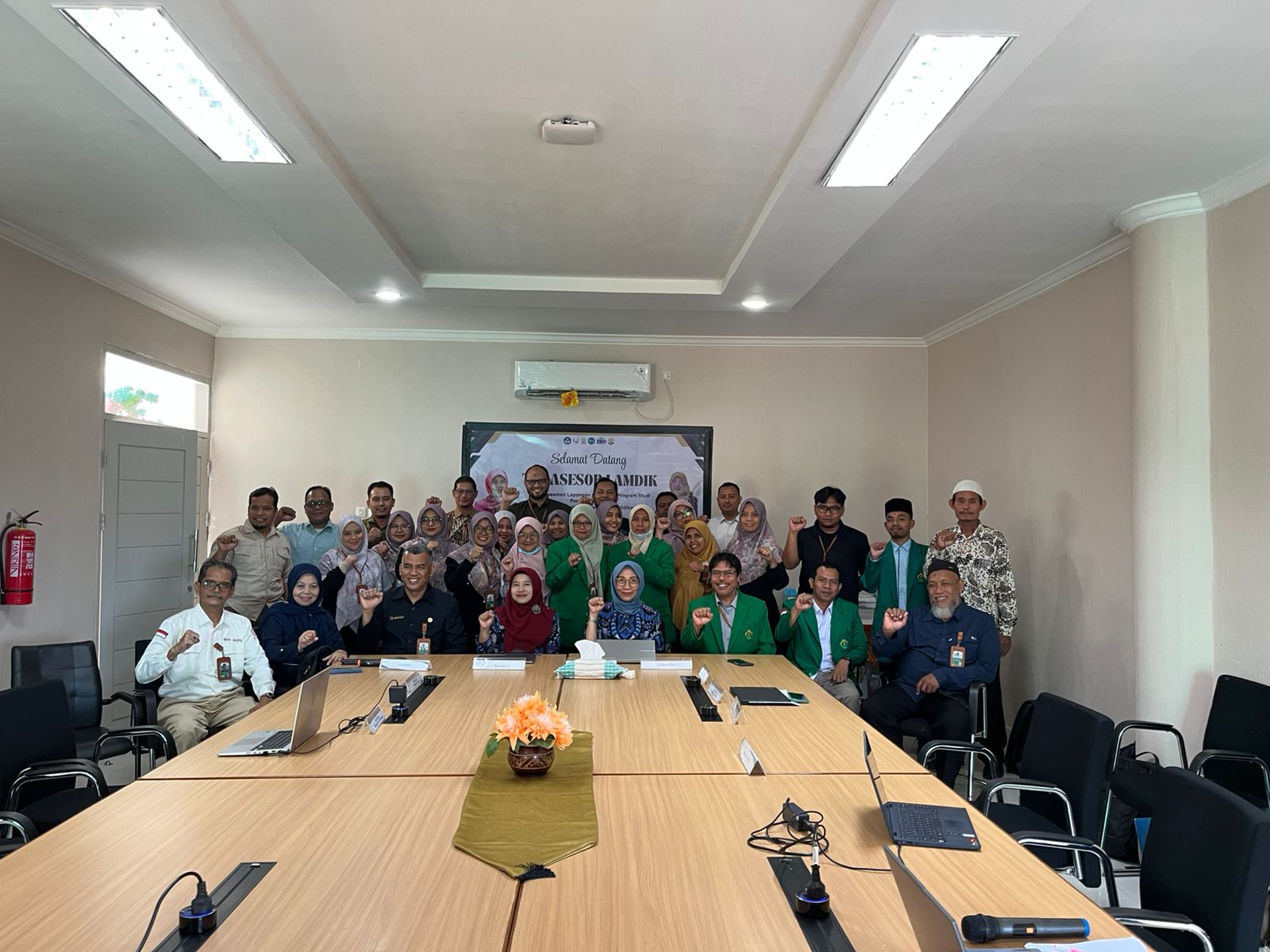SHARE:
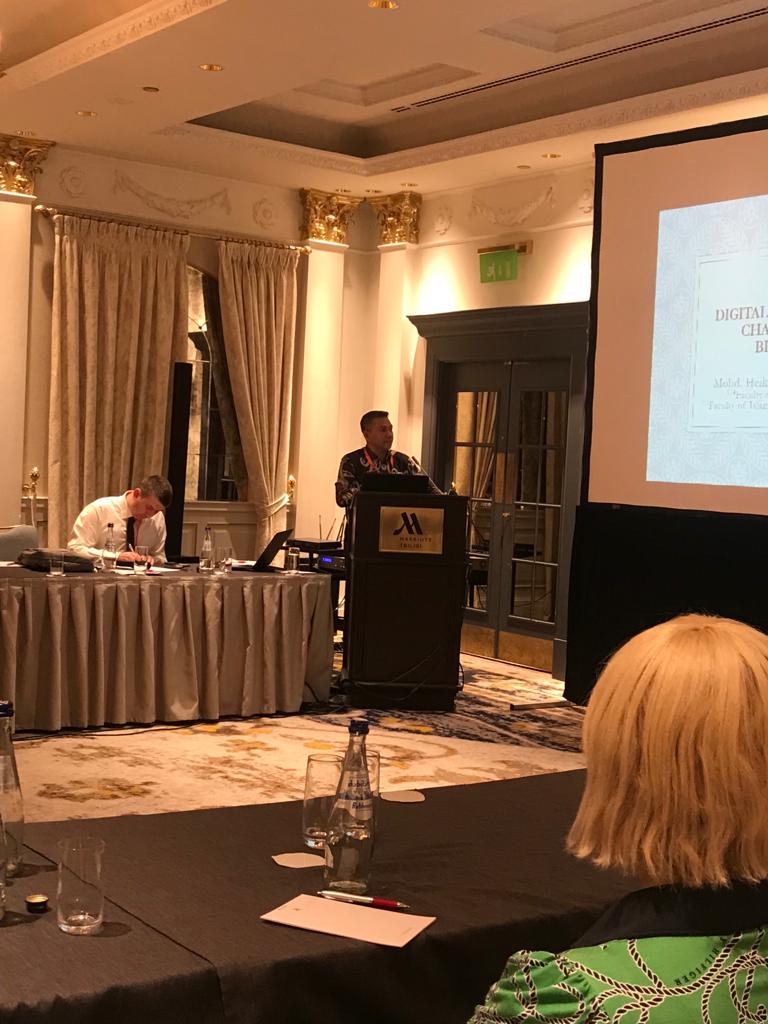
UNIMALNEWS | Tbilisi - Dr. Mohd Heikal, senior lecturer at the Faculty of Economics and Business, Universitas Malikussaleh , has been invited to speak at an international conference organized by the International Islamic Marketing Association at the 14th Global Islamic Marketing Conference (GIMAC) in Tbilisi, Georgia on September 27-29.
Prof. Marina Pirtskhalava, Chancellor of Geomedi University, opened the event, which was attended by academics from Asia, the Middle East, Africa, Europe and the Americas. Prof. Shukri Marashdh, Chancellor of Jadara University in Jordan, was also present.
Prof. John Fraedrich, who spoke on "Neurotransmitters and the Implications for Islamic Researchers," was the keynote speaker at this international conference. He is a professor of business ethics at Southern Illinois University (SIU) in the United States.
At the conference, Heikal presented a paper titled "Digitalization of Halal Food Supply Chain Management Based on Blockchain Technology." The paper is the result of his research collaboration with Dr. Abdul Rahman, Dr. Muizzuddin and Falahuddin MSM. The study is a conceptual idea about the process of tracking the validity of a product from the beginning to the end.
Heikal claims that until now, shoppers have struggled to track the halal status of the products they want to buy due to the complicated and closed network between manufacturers, distributors, retailers, and consumers. The paper claims that by digitizing the halal food supply chain using blockchain technology, consumers will be able to record all transactions and related data on a decentralized, encrypted block. In his presentation, Heikal stated that digitization will make it easier to obtain halal certification without being limited by time or distance.
He argues that the digitalization of the halal food sector in Indonesia, based on blockchain technology, employs cross-stakeholder collaboration and the audit principles of Halal Traceability, Halal Asset Specificity, Halal Quality Assurance, Halal Trust, and Halal Commitment. The Indonesian government, through the Halal Product Guarantee Organizing Agency (BPJPH), has currently made progress in digitizing halal certification, both regularly, which takes time, and through self-declaration, but it is not yet at the point where the tracking process can be implemented as in the research.
The enormous potential of this halal food market is not coupled with the availability of information, which is a consumer right, so the management of the halal food supply chain must not only be digital, but also involve parties ranging from raw material suppliers, imported materials, domestic producers, foreign producers, vendors, warehouses, transport companies, distributors, agents, traders, and finally consumers.
The conference, which was held for the first time in Dubai in 2011, also selected the best papers, which were announced this time by the conference chair, Prof. Baker Ahmad Alserhan. The paper by Dr. Mohd Heikal and colleagues was selected as the third best paper on this occasion.
According to Heikal, the award is part of a grateful recognition as well as an enthusiasm to continue this research in the next phase so that it can later be implemented and replicated by other countries.
Dr. Darmawati, head of the Department of Management at the Faculty of Economics and Business, responded that Heikal's presentation had made an important contribution to the development of Unimal's Core Performance Index (IKU), particularly in the section on faculty participation in off-campus seminar activities and the role of collaboration with academics in other universities. "We also hope that there will be an immediate internationalization of the programs, especially the Management Studies Program, so that they will be more successful," she said. (TKF/SIS)
